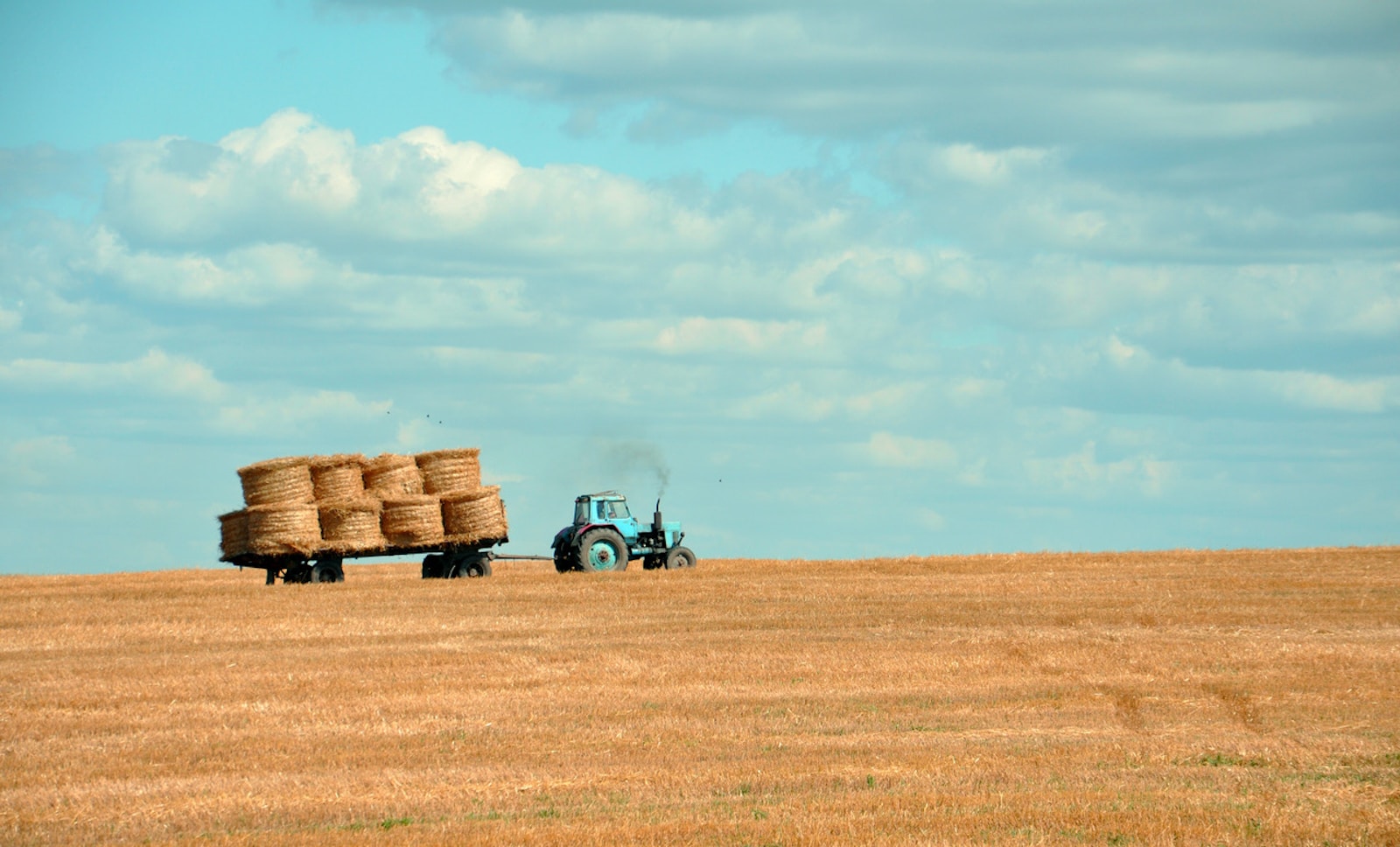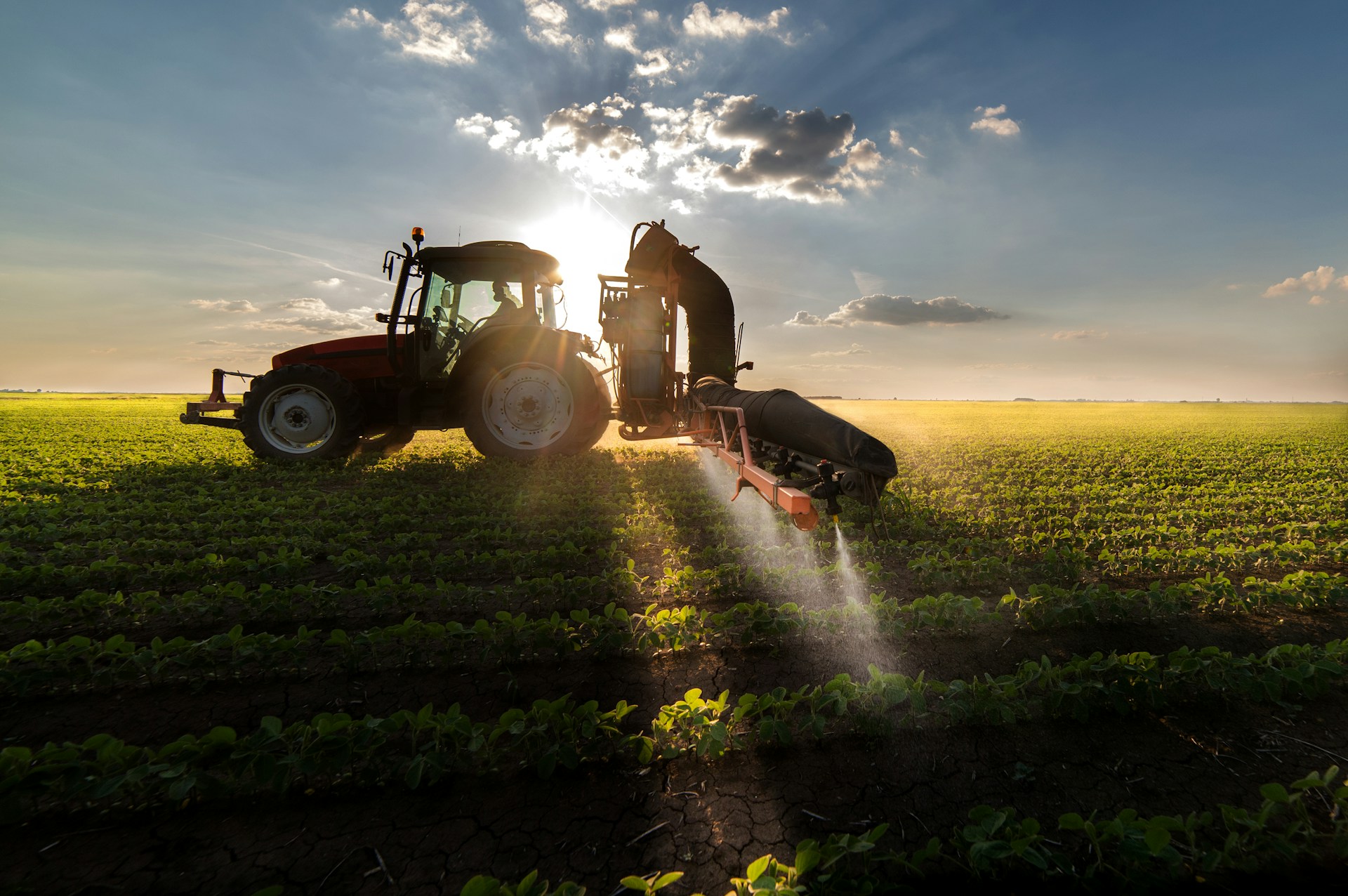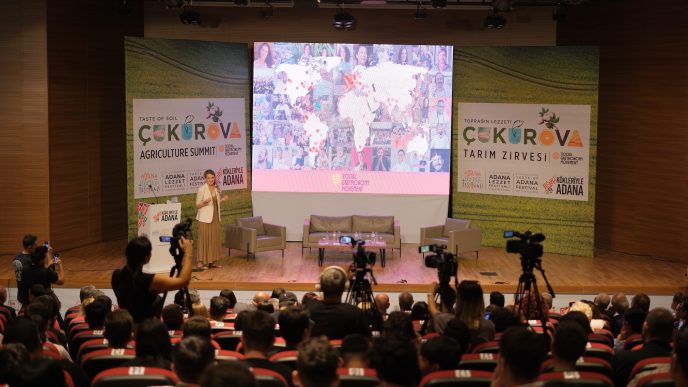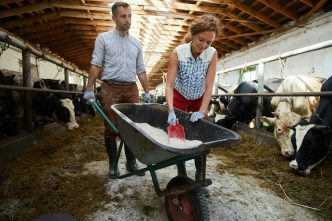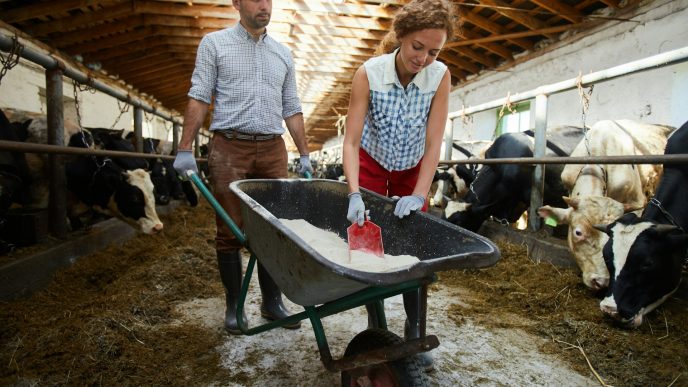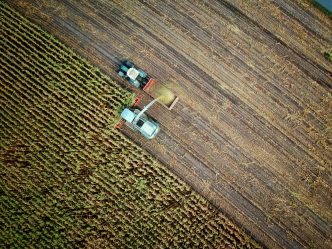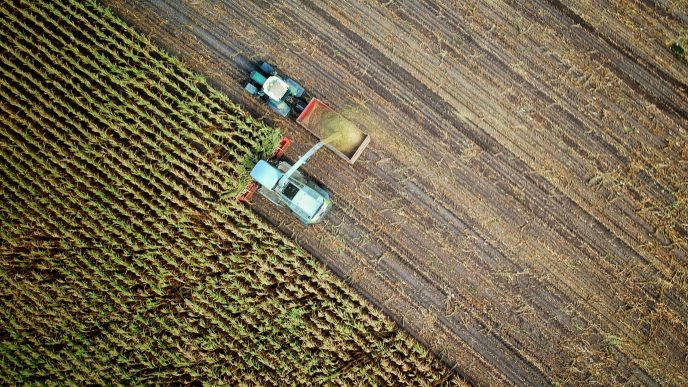Farming today isn’t what it used to be. The digital age and environmental challenges have transformed the agricultural landscape, bringing new hurdles but also innovative solutions. Have you ever wondered what tools are revolutionizing modern farming? In this blog post, we explore the top investments that are not only enhancing efficiency but are also paving the way toward more sustainable practices. The need for these advancements is more crucial than ever, as farmers strive to meet the increasing demands for food while minimizing environmental impact. As we delve into these essential tools, consider how each one could fit into the rhythm of your own agricultural operations.
Smart Irrigation Systems
Water is the lifeblood of farming, yet its scarcity is a growing issue worldwide. This is where smart irrigation systems come into play. These systems use sensors and data analytics to determine the exact water needs of crops at any given time. By delivering precise amounts of water, these systems reduce waste and cost. Imagine the relief of knowing your crops receive exactly what they need, without a drop more or less. The result? Healthier crops and a healthier bottom line. Additionally, these systems can be controlled remotely, making it easier to manage irrigation across large areas or difficult terrain. This technology not only saves water but also saves time, a precious commodity for any farmer.
Essential Upgrades for Modern Farming
Every farmer knows that the right equipment can make all the difference. Investing in essential upgrades can drastically improve efficiency and productivity. Upgrades such as precision planters, automated harvesters, and enhanced tractor features like ergonomic seats, improved navigation systems, and practical tractor sunshades can reduce labor costs and increase comfort. Have you considered how upgrading your equipment might ease your daily workload and boost your farm’s output? These enhancements not only improve the quality of work life but also boost the overall performance of agricultural operations. With the latest technology, tasks that once took hours can now be completed in minutes, allowing you to focus more on strategic aspects of farming. Additionally, these upgrades often come with better safety features, reducing the risk of accidents and improving workplace conditions for everyone on the farm.
Advanced Crop Monitoring and Data Analysis Tools
In the age of information, data is king. Advanced crop monitoring tools are like having a high-tech crystal ball. These systems gather data from various sources such as satellites, drones, and ground sensors to provide farmers with real-time insights about their crops’ health, growth patterns, and potential issues. What if you could predict a pest invasion before it happened or knew the exact day to harvest for peak freshness? With these tools, that kind of foresight is possible, leading to smarter decisions and reduced crop loss. This proactive approach can drastically cut down on both labor and resource waste, making farming not only more efficient but also more environmentally friendly. By understanding the precise needs of your crops, you can optimize inputs like fertilizers and pesticides, further reducing your farm’s environmental footprint.
Eco-Friendly Pest Control Solutions
Pest control is a critical concern for any farmer. Yet, how can we protect our crops without harming the environment? The answer lies in eco-friendly pest control solutions. These methods include biological pest control, organic pesticides, and integrated pest management systems that are less harmful than traditional chemicals. These innovations not only keep crops safe but also protect the local wildlife and ecosystems. Isn’t it comforting to know that your farming practices contribute positively to the environment? By adopting these greener solutions, you also build a better public image, attracting customers who are conscientious about how their food is grown. Furthermore, many of these eco-friendly options are not only better for the planet but also increasingly required by regulations, helping you stay compliant and ahead of legislative trends.
Renewable Energy Systems (Solar, Wind)
Renewable energy systems represent a significant upfront investment but pay dividends in the long run. By harnessing the power of the sun and wind, farms can generate their own clean, sustainable energy. This not only reduces dependence on external power sources but also cuts down on greenhouse gas emissions. Picture your farm not just as a food producer, but as a beacon of sustainability in your community. How might that change the way you think about energy? Investing in renewable energy not only secures your energy supply but also controls energy costs in the long term, making your farm more self-sufficient and less vulnerable to external energy price shocks. Furthermore, many governments offer incentives for renewable energy installations, which can help offset the initial costs and accelerate the return on your investment.
Conclusion
The tools we’ve discussed today offer more than just improvements in efficiency and productivity; they represent a shift towards more sustainable and responsible farming practices. As modern farmers, the choices you make in investments can profoundly impact not only your own livelihood but also the future of our planet. Which of these tools will you consider for your farm to ensure a thriving, sustainable future? By embracing these technologies, you not only keep up with the times but also lead the way in the agricultural community. Remember, every small step can lead to significant changes. What steps will you take today to transform your agricultural practices tomorrow? These investments in your farm’s future are not just about adapting to change; they are about setting the stage for the next generation of farmers who will look to you as a pioneer of efficient and sustainable agriculture.

